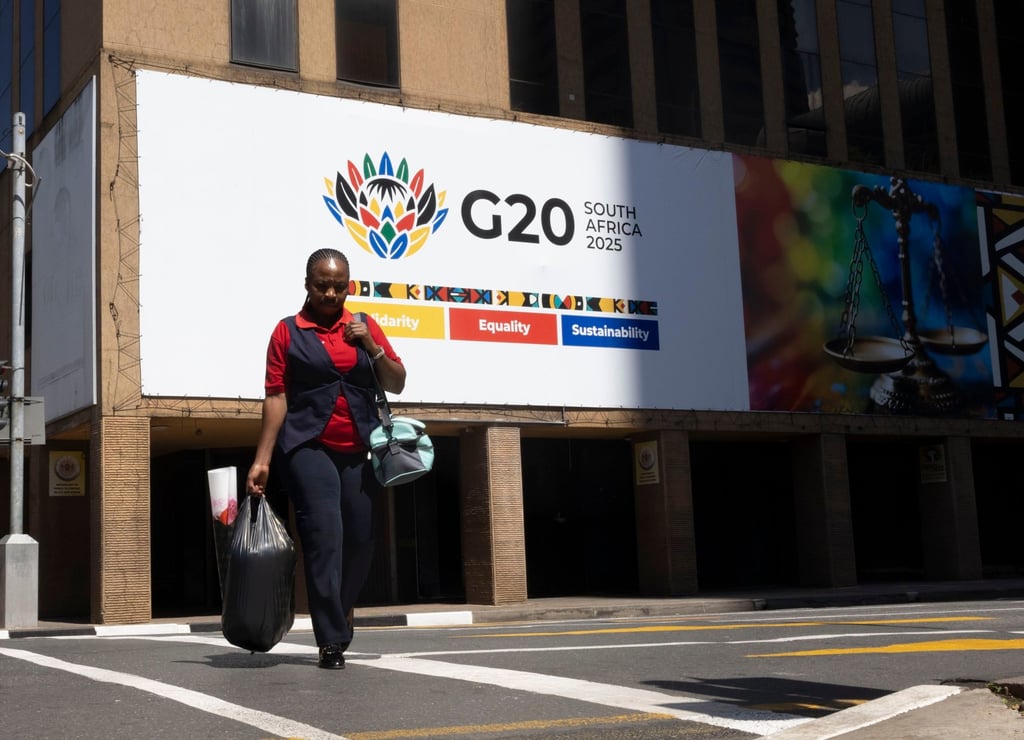As South Africa hands over the Group of 20 presidency, something more consequential than a routine rotation is taking place. The moment marks the end of an unprecedented cycle: four consecutive presidencies led by major economies of the Global South – Indonesia, India, Brazil and South Africa. For four years, the G20 was steered by countries whose development priorities, demographic structures and geopolitical positions diverged from those of the Group of Seven.
Advertisement
In 2026, the gavel will pass to the United States, raising a critical question: will the agenda built by the Global South be sustained, or will it lose momentum? This question is made more urgent by Washington’s absence at this year’s summit.
The successive leadership of Indonesia in 2022, India in 2023, Brazil in 2024 and South Africa in 2025 broadened the G20’s scope. Rather than treating issues like inequality, poverty, climate vulnerability and sustainable development as peripheral concerns, these presidencies placed them at the centre of global economic coordination.
Indonesia focused on post-pandemic recovery, health and digital transformation. India made a historic push to formally integrate developing countries into global economic debates, convening the “Voice of the Global South Summit” with more than 125 nations. Brazil put inequality, sustainable development and global governance reform at the forefront. South Africa strengthened this trajectory, linking global governance reform to the structural needs of developing economies, especially regarding climate finance and energy transitions.
This momentum is now at risk. The transition to a US G20 presidency does not necessarily signal a reversal. After all, the US has historically played decisive roles in shaping global institutions. However, the geopolitical landscape of 2026 is slated to look dramatically different from the past. US–China strategic competition is intensifying, the multilateral system is strained and domestic polarisation in many G20 countries is narrowing space for long-term global commitments.

The danger is twofold: the risk of active dismantling and the equally damaging risk of passive drift. In the absence of intentional leadership, many initiatives could lose momentum, not because they lack merit, but because they depend on sustained diplomacy, predictable financing and coordinated engagement. Without this continuous political investment, promising reforms could be undone by opposition or neglect.

